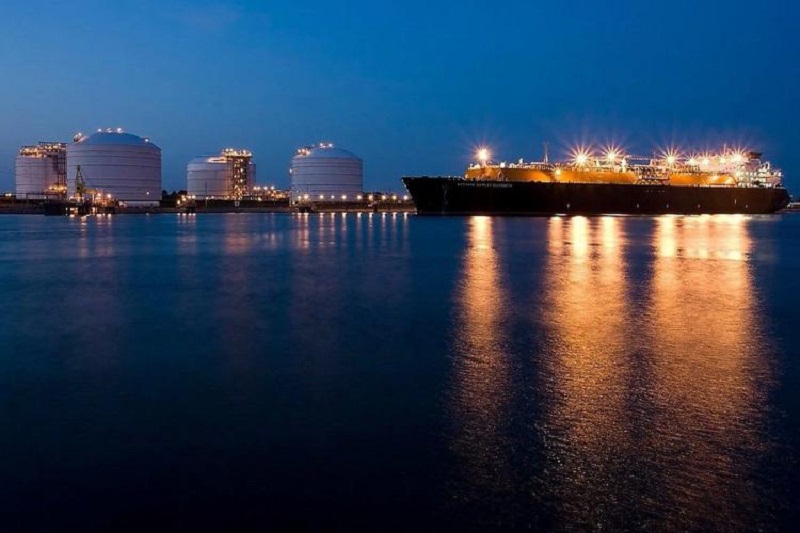LNG Buyers Push for Flexible Supply Contracts to Adapt to Fluctuating Power Demand
(Reuters) — Japan and other top liquefied natural gas (LNG) buyers are calling for more supply flexibility in order to adapt to variable power demand, industry executives said on Tuesday.
LNG suppliers such as Qatar prefer long-term contracts with buyers that can last decades to secure financing for what can be multibillion-dollar projects.
However, in recent years with more producers entering the global market, buyers are seeking shorter-term contracts with flexibility to resell cargoes when their demand is low.
"What we are looking for is flexibility in both our long- and short-term contracts in order to manage the uncertainties we face," Jonathan Westby, senior vice president of LNG at Japan's JERA Global Markets, which handles 40 million metric tons of LNG annually, told an industry conference.
He said the company faces an increasingly variable and less predictable customer load, and buys and sells LNG depending on the weather and nuclear power availability.
The outlook for Japan's LNG demand is falling due to nuclear reactor restarts and more renewable energy, but the pace of decline is uncertain.
Nuclear power accounted for 9% of Japan's power generation mix last year.
Japan shut all 54 of its reactors after a powerful 2011 earthquake and tsunami triggered a meltdown at the Fukushima nuclear plant. Japan now runs 11 nuclear reactors, with restarts contributing to an 8% fall in LNG imports last year to the lowest in 14 years.
In top LNG importer China, power demand fluctuates between summer and winter and by region, said Zhang Yaoyu, global head of LNG and new energies at state-run PetroChina International.
"Unfortunately, in China, we live in an environment where there are huge supply and demand imbalances," he said.
Both companies, along with other buyers at the Asia Gas Markets Conference, said supply diversification is key to managing fluctuating demand.
LNG supplier Mexico Pacific's chief marketing officer Sungbok Park said that while long-term deals are still preferred, it is seeing contract terms evolve on the buyer's and seller's side to enable more flexibility in managing volumes.
"This flexibility is becoming even more important as market conditions continue to shift, so existing producers and portfolio suppliers are warming up to flexible contract structures," he said.
"However, for new projects, we still need 15-20-year commitments to meet project financing requirements."
Intermediaries can step in to bridge the gap between buyers and sellers, said Steve Hill, executive vice president at trading house Mercuria.
"What producers and buyers want are diverging over time. Producers are typically looking for 20-year contracts with buyers, to enable the financing to develop projects ... while buyers tend to have more uncertainty to manage," he said.
"So, the world has more of a need for intermediaries to manage the risk between what producers want and what buyers want."
Related News
Related News

- Kinder Morgan Proposes 290-Mile Gas Pipeline Expansion Spanning Three States
- Enbridge Plans 86-Mile Pipeline Expansion, Bringing 850 Workers to Northern B.C.
- Intensity, Rainbow Energy to Build 344-Mile Gas Pipeline Across North Dakota
- Tallgrass to Build New Permian-to-Rockies Pipeline, Targets 2028 Startup with 2.4 Bcf Capacity
- U.S. Moves to Block Enterprise Products’ Exports to China Over Security Risk
- U.S. Pipeline Expansion to Add 99 Bcf/d, Mostly for LNG Export, Report Finds
- A Systematic Approach To Ensuring Pipeline Integrity
- US Poised to Become Net Exporter of Crude Oil in 2023
- EIG’s MidOcean Energy Acquires 20% Stake in Peru LNG, Including 254-Mile Pipeline
- Enbridge Sells $511 Million Stake in Westcoast Pipeline to Indigenous Alliance





Comments